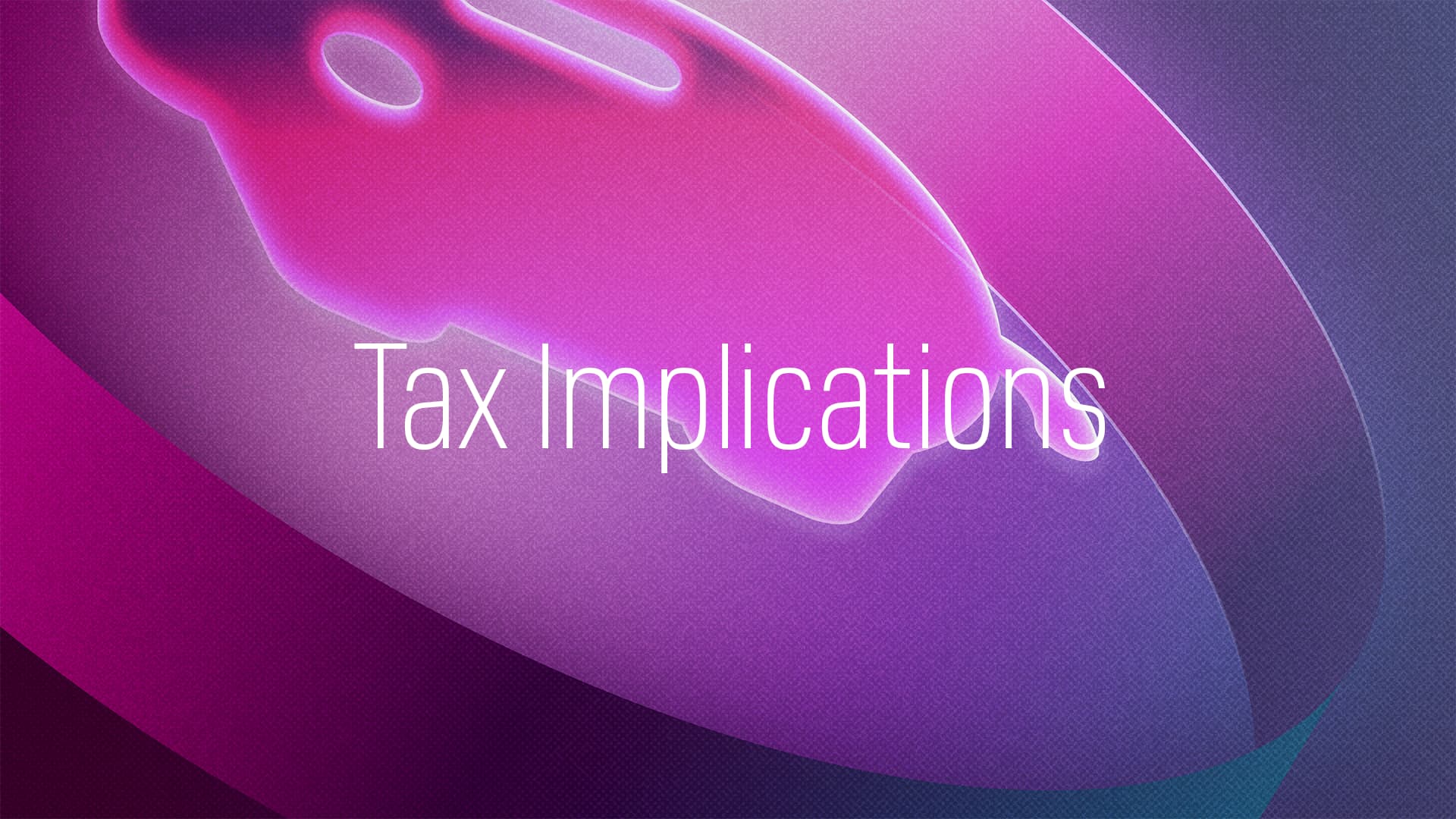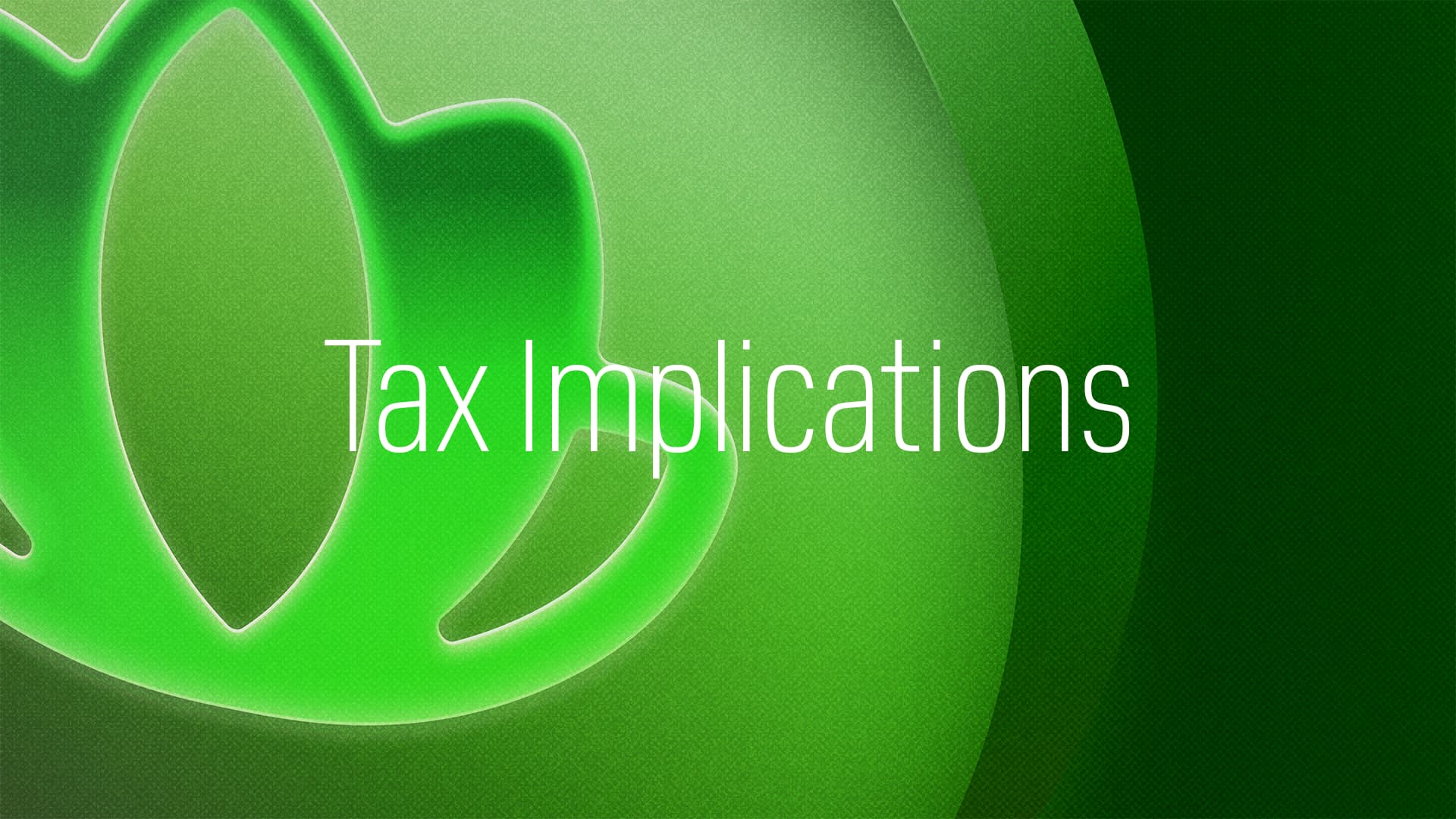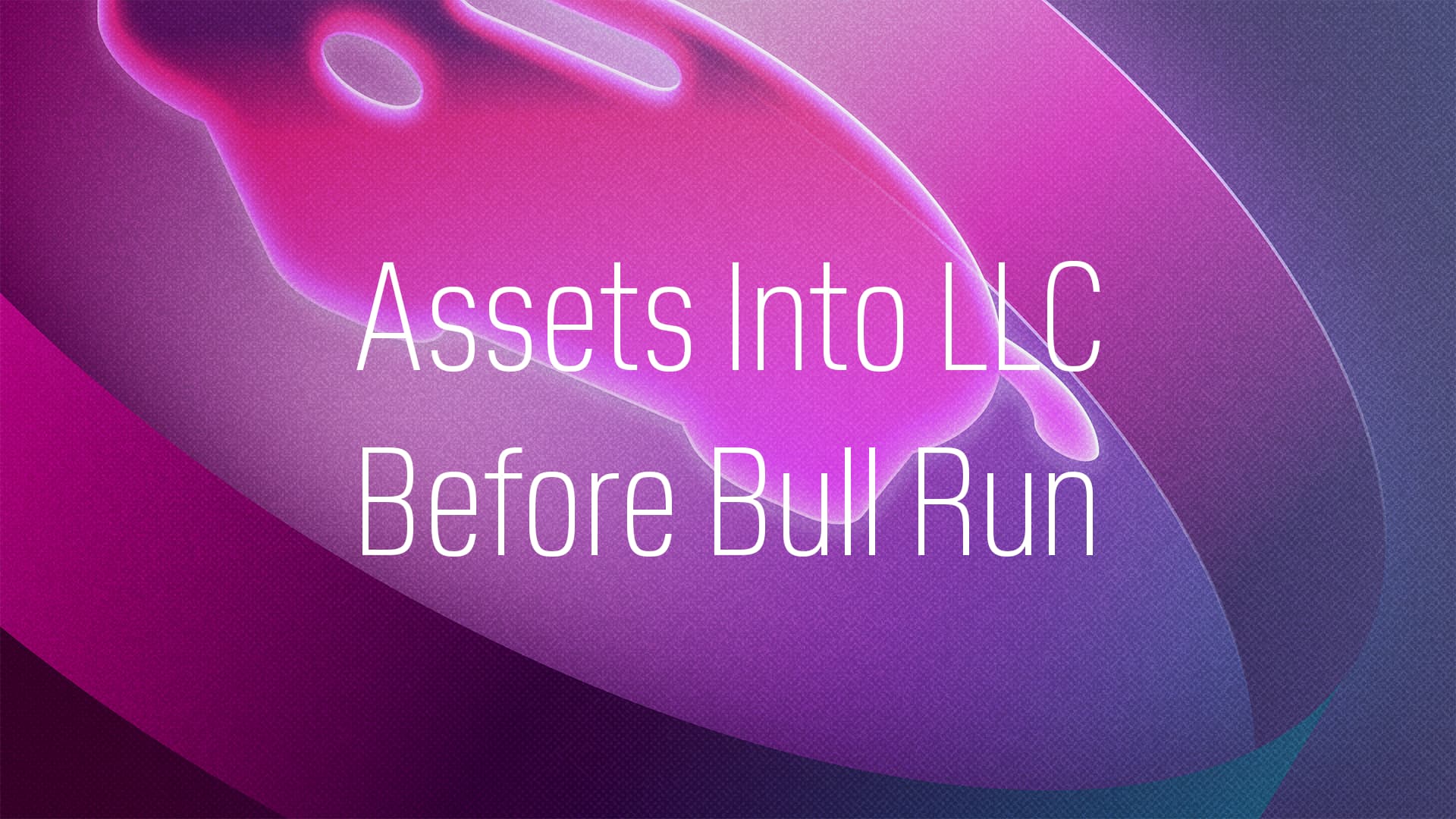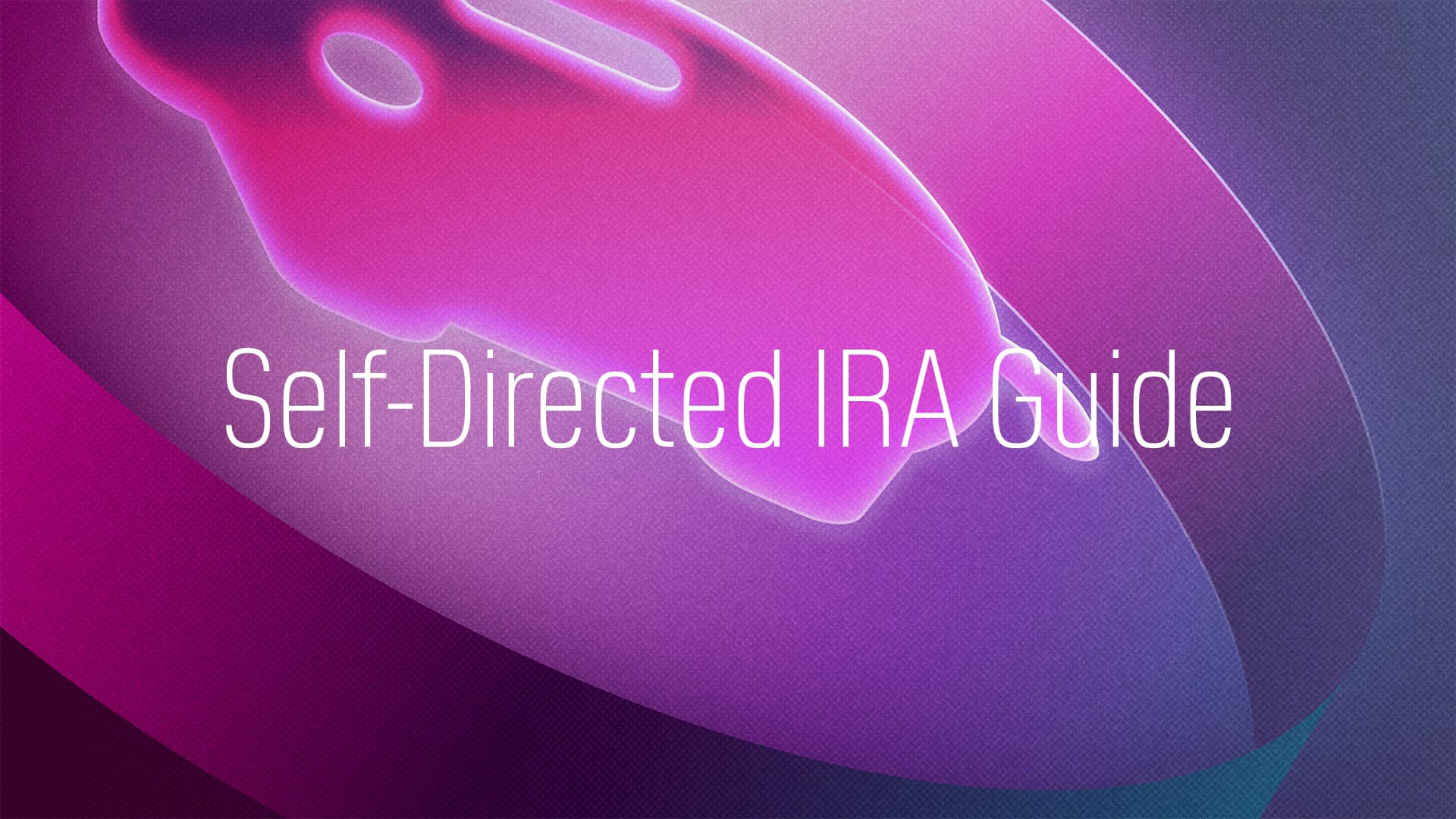Tax Implications of Holding Ripple Shares Over Time (UK)

Navigating the tax landscape for Ripple share investments in the UK involves understanding capital gains implications, available tax schemes like EIS, and benefits of using accounts like ISAs and SIPPs.
Complex Explanation
The tax treatment of capital gains from selling pre-IPO shares like those of Ripple is contingent on several factors including the duration the shares are held, the nature of the asset, and the individual's tax status.
Long-term Capital Gains Tax Rate
In the UK, the Capital Gains Tax (CGT) rates for the tax year 2023/2024 are 10% for individuals whose overall annual income is below £50,270 and 20% for those with income above this threshold.
Unlike the US, the UK does not offer a reduced tax rate for assets held over a longer period.
Enterprise Investment Scheme (EIS) Relief
The UK offers the Enterprise Investment Scheme (EIS) to encourage investments in smaller, higher-risk companies by providing tax reliefs to investors. Under EIS, investors can receive up to 30% relief on Income Tax for their investments, with the relief claimable on investments up to £1,000,000 in a single tax year.
Moreover, EIS provides an exemption from CGT on any gains after three years from the investment, and allows for CGT deferral when gains are reinvested in other EIS eligible companies
Individual Savings Accounts (ISAs) and Self-Invested Personal Pensions (SIPPs)
Investors may consider holding their Ripple pre-IPO shares in tax-advantaged accounts such as ISAs or SIPPs. Profits from shares held in an ISA are exempt from CGT, and SIPPs can provide tax relief on contributions while allowing for tax-free growth.
Simplified Explanation
If you sell Ripple pre-IPO shares at a profit in the UK, you may be taxed at a rate of 10% or 20%, depending on your income level. Unlike the US, holding the shares for a longer period does not grant a reduced tax rate. However, investing through schemes like the Enterprise Investment Scheme (EIS) or holding your shares in tax-advantaged accounts like ISAs or SIPPs can provide significant tax benefits.
As always, ensure to consult with a tax advisor or refer to the directory of professionals to understand these strategies better!



